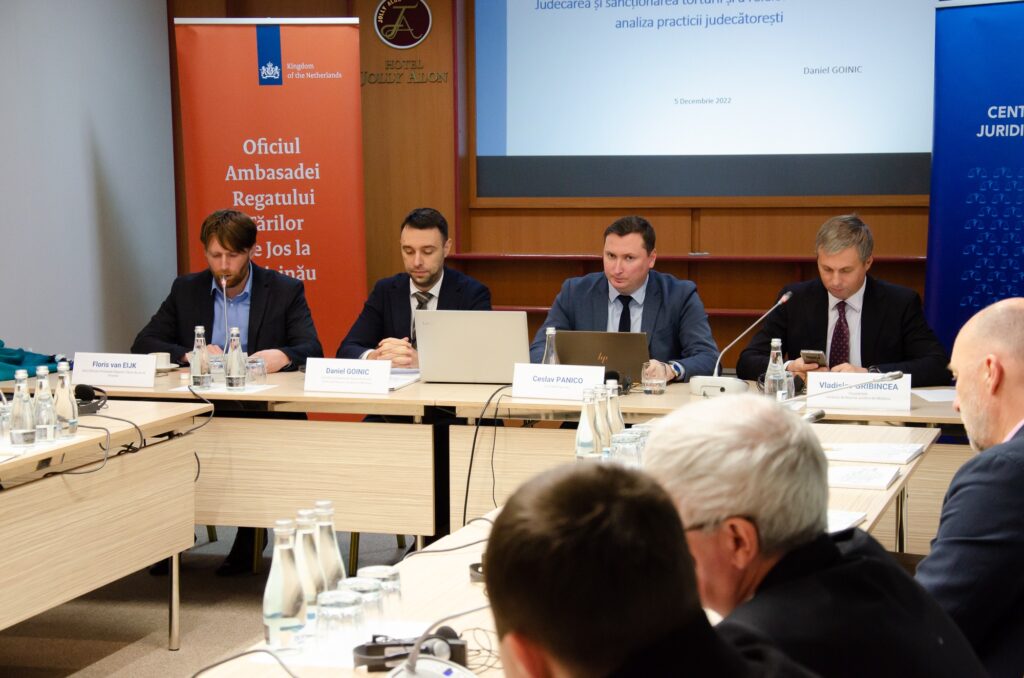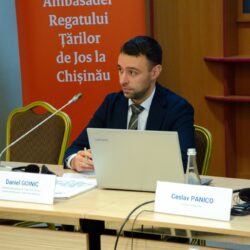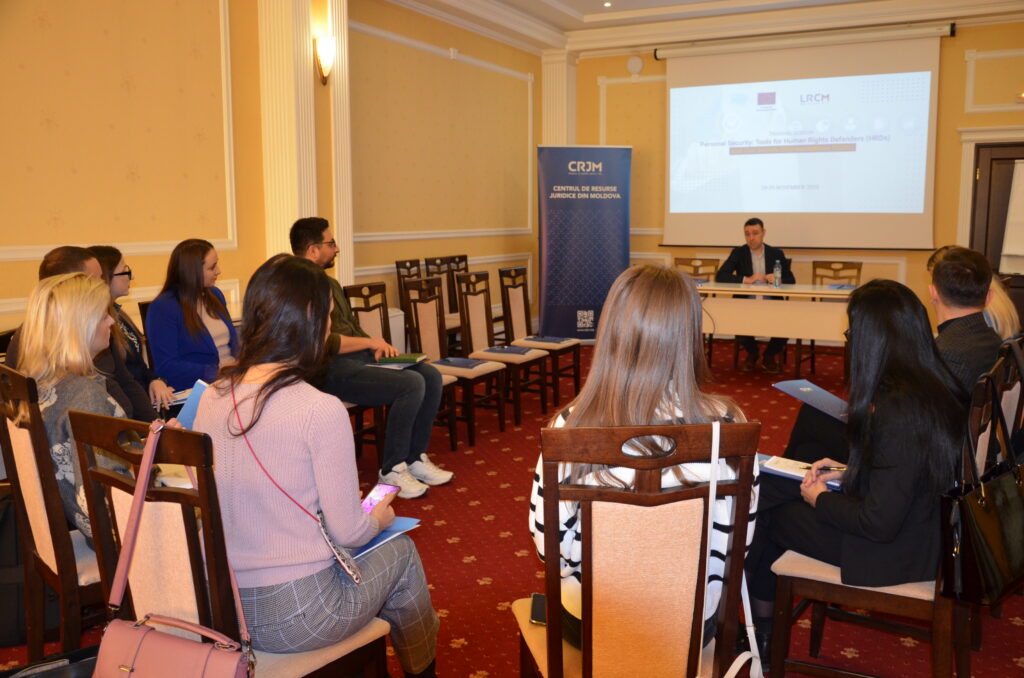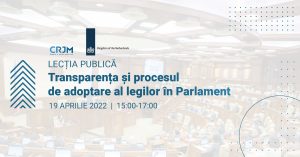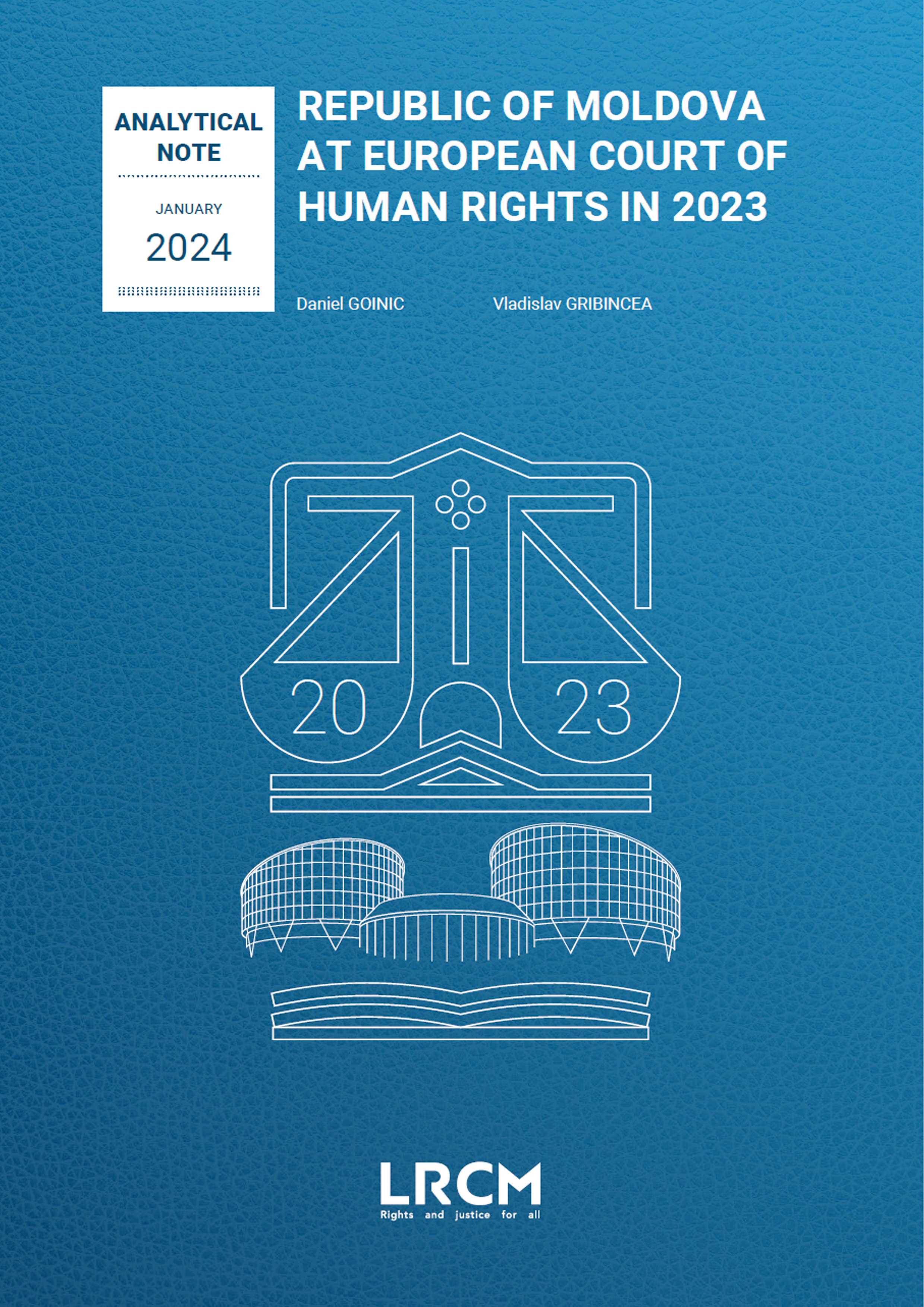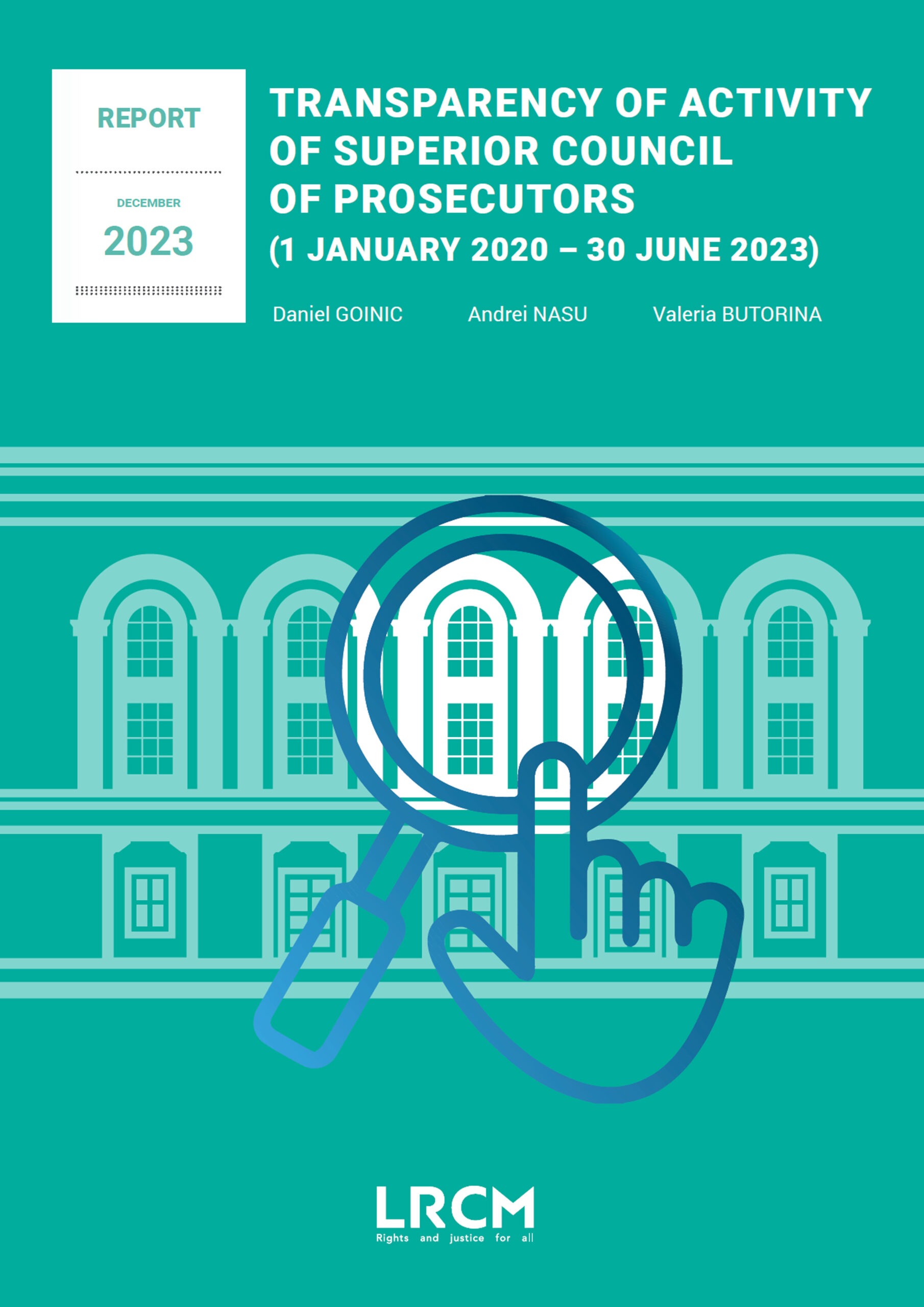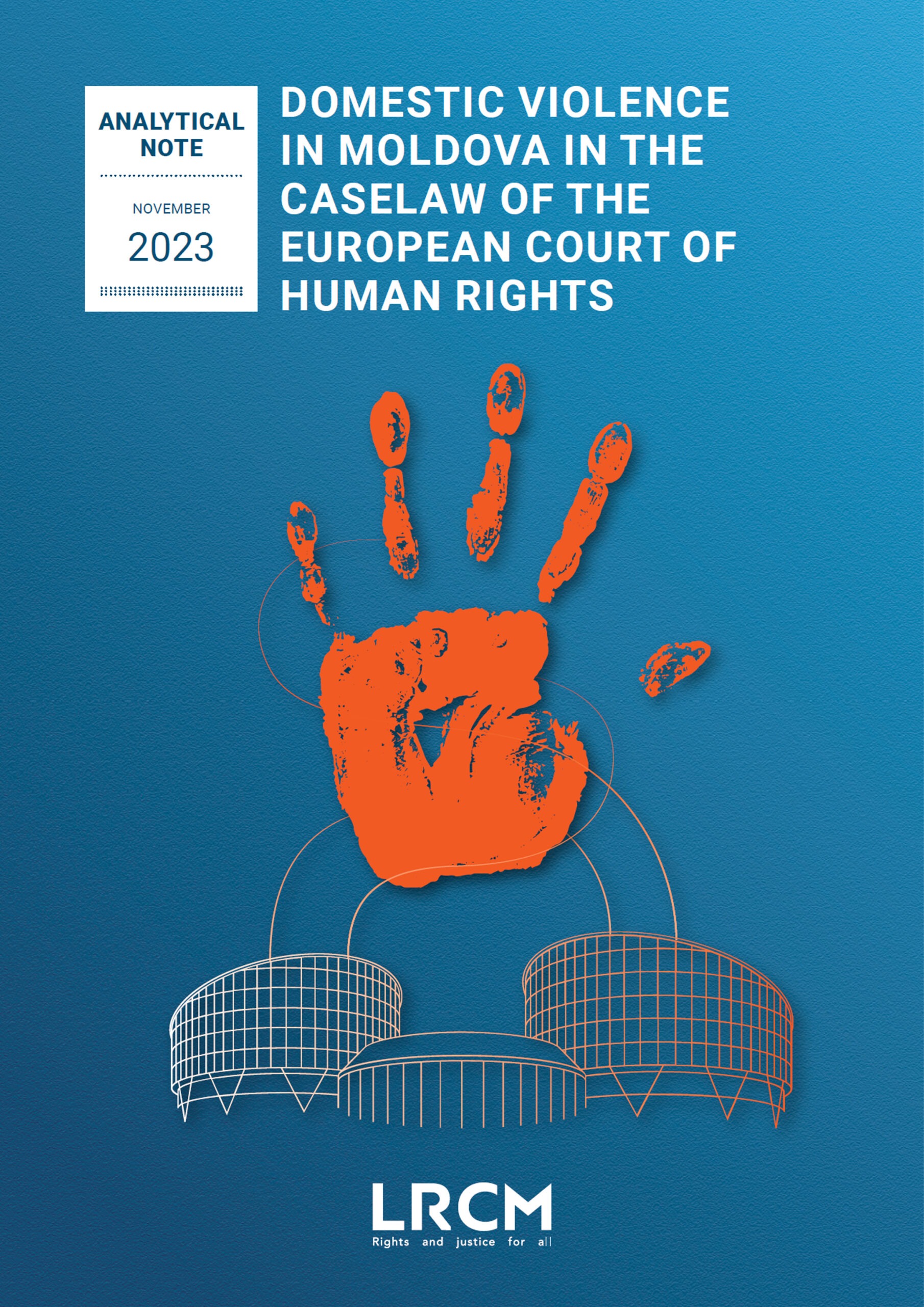The Legal Resources Centre from Moldova (LRCM) has conducted a study examining 71 irrevocable decisions of the Supreme Court of Justice (SCJ) in cases of torture and ill-treatment in which 102 persons are accused. The decisions were issued until 2022 and cover acts committed between 2006 and 2018.
The research findings were presented at a public event attended by judges, prosecutors, lawyers, representatives of state institutions and civil society.
The research found that the main persons investigated for cases of ill-treatment are police officers, accounting for 75% of the cases analysed. Teachers (employees in the educational field) are the next most frequently investigated, accounting for 8% of cases, followed by employees of private security services, who are investigated in 6% of cases.
People investigated for ill-treatment have a 50% chance of being acquitted in the first instance, which is 15 times higher than the national average. Things change when the case goes to court of appeal, where the conviction rate rises to 82%. Once they reach the Supreme Court of Justice (SCJ), 3 out of 4 decisions taken by appeal courts are upheld by the SCJ.
“Even when a person is found guilty of committing the acts of torture or ill-treatment, sometimes, because of the length of time it takes to consider cases, the act ends up exceeding the statute of limitations (for the repealed offence component) and the person remains unpunished. On average, torture cases take six years to be tried. The fastest case was tried in just over a year and the slowest was tried in 11 and a half years”, said Daniel Goinic, Programme Director at the LRCM and author of the study.
Although every fifth person is convicted of torture or ill-treatment, in practice only 19% of those found guilty were sentenced to time served behind the bars.
According to the author, the low conviction rate creates impunity for torturers.
Attending the launch of the study, the head of the Embassy Office of The Netherlands in Moldova said that his country pays particular attention to the protection of human rights in Moldova.
“Although Moldova has made good progress over the years in reducing the practice of torture, this study shows that there is still a lot of work to be done to reduce the impunity in the system that allows perpetrators to generally get away unpunished”, said Floris van Eijk.
The Ombudsman appreciated the quality and importance of the study presented by the CCJR and stated that the elimination of torture and ill-treatment is one of the most important objectives of his institution.
“We are currently working on the implementation of the recommendations that relate to the conditions of places of detention or access to medical services for detainees. But we see that one thing which remains unchanged is the impunity, the protectionism in the detention system of torturers”, said Ceslav Panico, the Ombudsman.
The research also found that judicial practice in cases of torture and ill-treatment is uneven, with a significant number of first instance judgments being overturned and different decisions being given by appeal court judges.
The study does not recommend tougher penalties for torture or ill-treatment, instead it draws attention to the importance of ensuring that the penalties already provided for by law are properly applied.
The research can be found at this link. In the coming period, the study will be designed and sent to Moldovan law enforcement institutions and development partners.
This study was produced within the ”Ensuring better human rights standards in Moldova” project, implemented by the Legal Resources Centre from Moldova with the financial support of the Embassy of the Kingdom of the Netherlands. The views expressed in it are those of the authors and do not necessarily reflect the position of Embassy of the Kingdom of the Netherlands.
